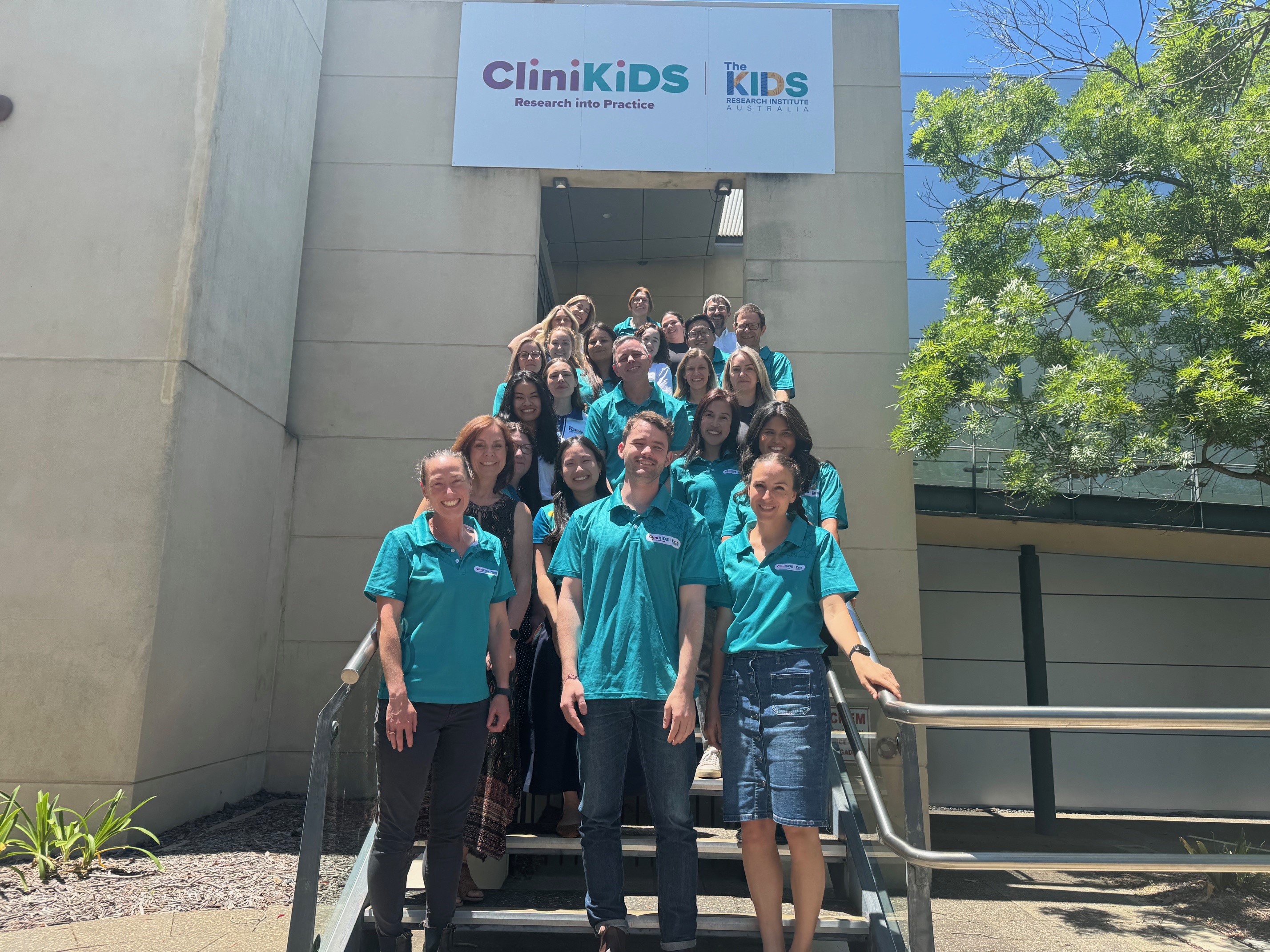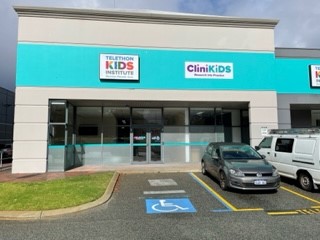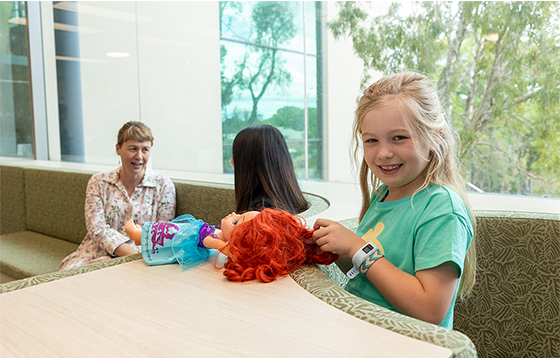Search
See our full catalogue of news and events.

At CliniKids we value all feedback, including compliments, suggestions and complaints.

Join us in helping autistic kids live their best lives.

Inklings is a program to support babies aged 6-18 months showing early differences in their social interaction and communication development.

Here is a rundown of staff movements within the clinical team including new faces, staff returning from parental leave and a colleague we soon will farewell for an exciting new adventure.

In this new blog, Senior Speech Pathologist and PACT therapist/trainer Sally Grauaug discusses the benefits of PACT, how it works and how clinicians become certified PACT therapists.

We are excited to announce that our new Joondalup clinic will be open at the start of Term 4!

Registrar Clinical Psychologist

CliniKids runs a range of information sessions for parents and caregivers.

CliniKids has two clinics - in Subiaco and also in Joondalup.
